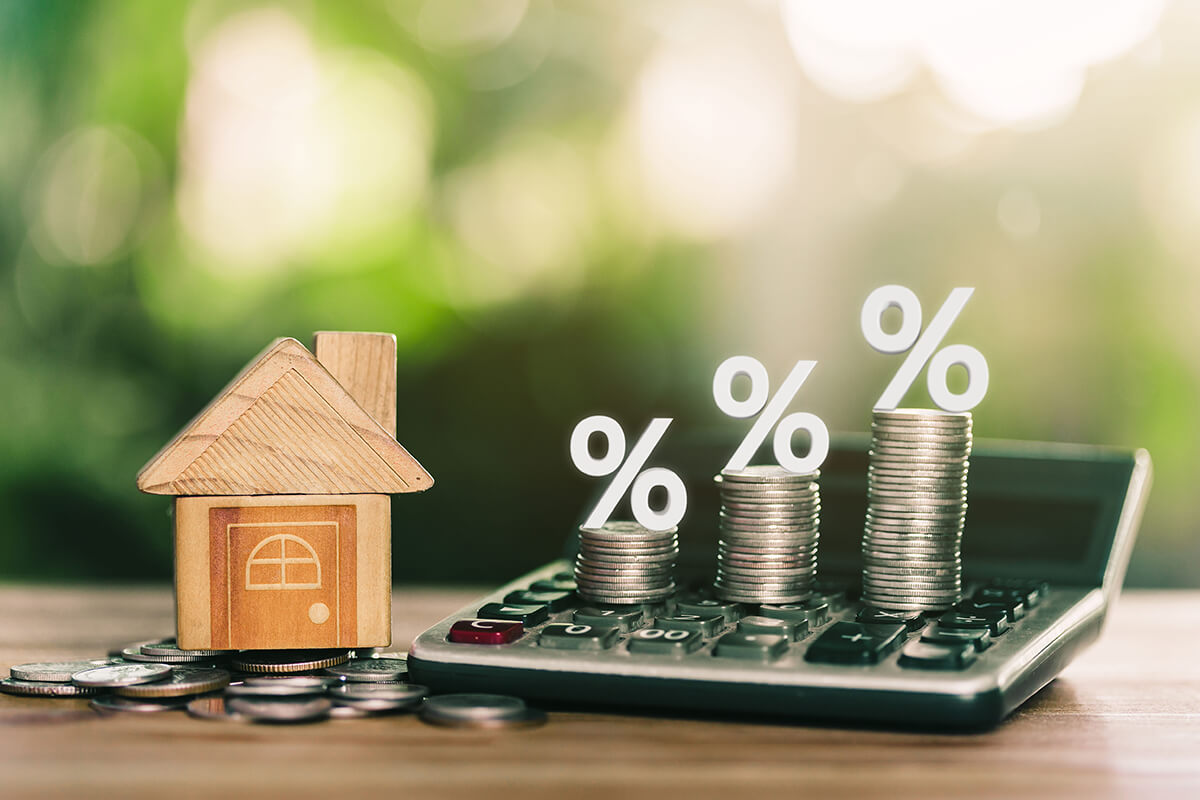The Ultimate House Viewing Checklist for Buyers
06 Jan
Please wait...
06 Jul

No matter how tempting it may be to pick your future home based on the fascinating design, lovely neighborhood, or convenient amenities, the cost of buying a house is the most important part of the whole package. Especially first-time buyers may need help knowing all the fees and payments to expect when they finally decide to move in.
And if you aren’t familiar with all the little costs of buying a house, you’re in for a shock and potentially lots of avoidable stress. Instead, continue reading to know everything that goes into purchasing a home, whether it’s your first one or you need a refresher.
Read on to learn all the hidden details of the cost of buying a house and confidently move forward with this exciting and sometimes stressful process. In part one of this two-part blog, we cover the upfront costs. So, check back in to discover more of the important financial responsibilities of purchasing a home.
How Much Does it Cost to Buy a Home?
There’s no straightforward answer to this question. The price of a home depends on many factors, including:
Generally, the average cost of a house in 2023 is $370,000 to $750,000 or more, depending on the state you’re in or looking to move to. Unfortunately, the house cost is not the only amount you’ll need to save for.
The Total Cost of Buying a House
Most seasoned buyers are familiar with the additional fees, but many first-time home buyers are unaware of all the extra costs of buying a house. Below, we’ll discuss all the essential components of purchasing a house in today’s market.
We’ll discuss the upfront amounts to prepare for when buying a home– But that’s only half of what you need to be familiar with. Next time, we’ll cover the recurring costs of owning a home in Cost of Buying a House: The Ongoing Expenses.
Upfront Costs of Buying a House
First, you must expect several upfront costs of buying a house.
Moving Costs
Let’s begin with a category of expenses most people miss when factoring in all the costs of buying a house. When you get caught up in all the more obvious costs, like the sticker price, mortgage rate, and closing fees, it’s easy to forget about the money it takes to move in the first place.
On its own, moving from your old home to the new one can cost thousands. There are many things to consider, like:
And there are many more hidden expenses when moving, especially if you’re going out of state. So, whether you're doing it the cheaper DIY route or you plan on getting all the assistance you can, you need to calculate the expected moving costs and figure them into your entire cost of buying a house.
The Down Payment
The highest upfront cost for most buyers is the down payment on your newly purchased home. If you decide to go with a typical loan plan, a down payment will be required. This is commonly 10% or so of the total home price, and the remaining cost is paid through regular mortgage payments.
The Closing Costs and Fees
When you close on the home purchase, there are several fees to expect. In most cases, the below charges are required in the home-buying process, but the costs will differ depending on the loan company you use. Luckily, you sometimes have the option of a no-closing-cost mortgage which adds the typical closing costs to the loan principal or is covered with a higher interest rate.
So, if your savings are slim, this is an excellent alternative. Just be aware that the total cost is often more than if you can pay the closing costs upfront.
The following standard closing cost fees are usually two to five percent of the loan principal:
Reserves
Some lenders require evidence of the additional cash you’ll have in the bank after completing all the upfront costs. This ensures the buyer can continue with mortgage payments and other ongoing fees. It’s standard for the borrower to prove they have around two months of mortgage payments remaining after the purchase.
CITED: Bankrate.com, Rocketmortgage.com, Nerdwallet.com